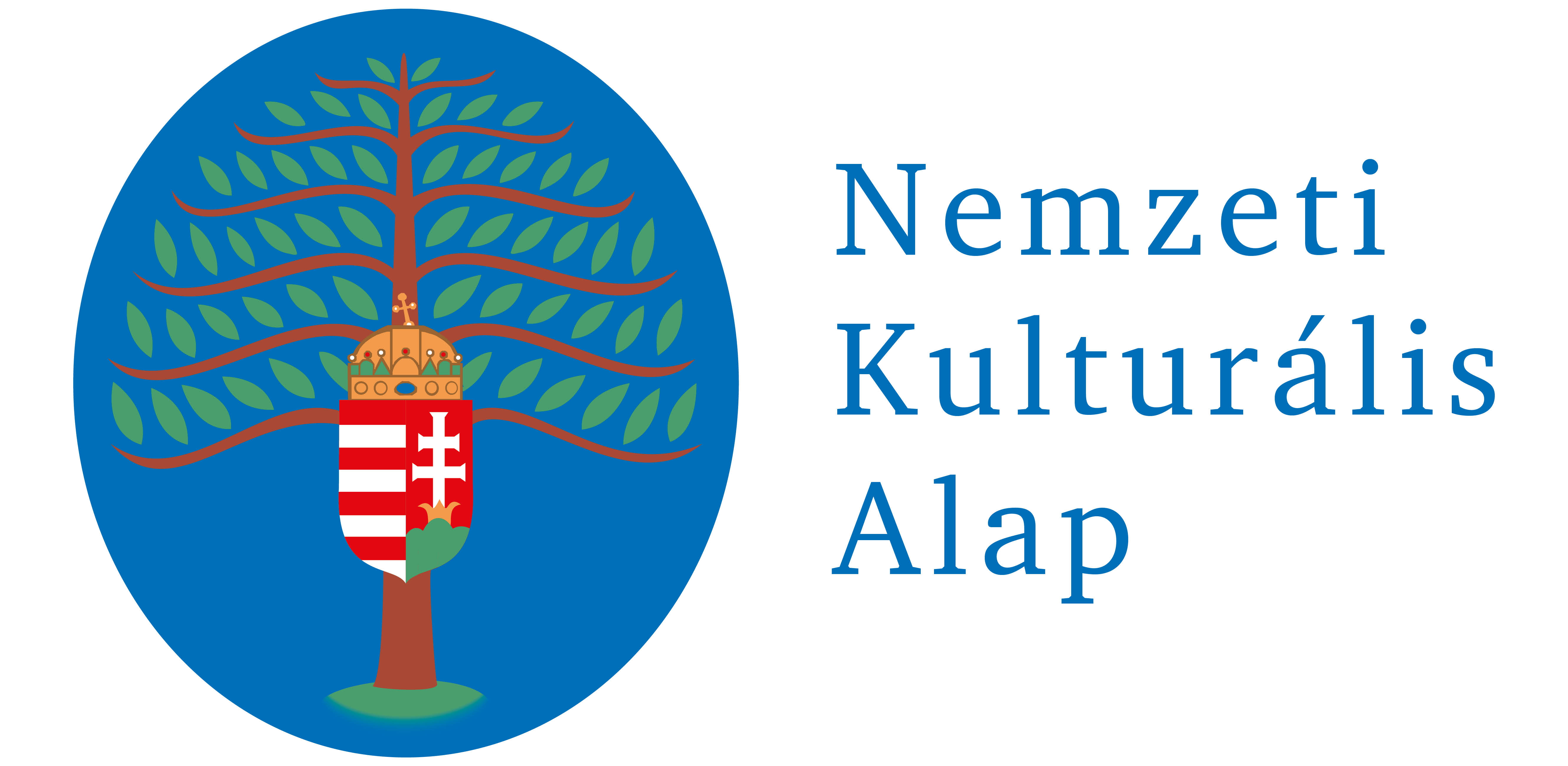Naptár
2024. április 15–19.
2024. április 20.
Eötvös József Kárpát-medencei középiskolai szónokverseny
2024. április 24. – május 3.
Tovább...
1. 2014.
Abstracts in English
Studies
Imre, Angéla – Menyhárt, Krisztina
Temporal features of texts of different genres in the speech of children
today and 60 years ago
Research on the language development of Hungarian children goes back to a hundred years. Concerning the temporal structure of children’s speech, there are data available about the speed of speech of young children and of children reaching puberty, and of 15-16-years-olds. Although speech errors do not belong to temporal structure, they tell a lot about the processes of speech planning and implementation which eventually has an effect on speed. The data have been recorded mainly from children living in the city and little is known about the linguistic characteristics of children and youngsters having socialized in closed rural communities. The present study compares the speech of children speakers in the Hegedűs archive built between 1940 and 1957 and the speech of children living in Budapest today in terms of their temporal features. The aim of the research is the comparative and temporal analysis of texts of different genres of children today and 60-70 years ago and the investigation of errors in their speech.
Simon, Viktória
Modern code mixing: The effect of internet language use on the written composition of youngsters
This study investigates the phenomenon of modern code-mixing: it analyzes the characteristics of internet language use and shows the phenomenon in the hand-written compositions of youngsters. It highlights that code-mixing may appear both in the norms of internet language use and in the regularities of the traditional language system, in terms of grammar, stylistics and also form. The study deals with the question of the ability to code-switch and draws the attention to the fact that the primary aim of first-language teaching is to teach how to use this ability for the elimination of code-mixing. Finally, the study introduces a few possible ways to facilitate all this.
Workshop
Keszy-Harmath, Dániel
The use of Facebook in first-language education
This study introduces a teaching methodological exercise repository that is based on the application of Facebook, one of the most popular social media sites. Facebook can be used in and out of first-language classes and also for the development of first-language competence. The idea repository aims to introduce possibilities of applications for primary and secondary school teachers which take into consideration recent research findings. Due to the delay or plannability of internet - or e-communication, secondary literacy differs from primary literacy that we are used to and practise most in class. Therefore, it is important to create exercise books and idea repositories that organize and evalulate their applications. This study provides ideas for exercises on the areas of rhetoric, stylistics and communication and for exercises suitable for getting tuned for the class.
Nagy, Zsuzsanna – Rontó, Luca
Teaching the spelling of foreign words
This study the bases of cooperative learning organization after summarizing the social and pedagogical challenges of teaching spelling. This method of learning organization is depicted as a possible and preferred alternative to traditional frontal teaching. It reveals the efforts known from literature that investigated the effects of cooperative learning in experimental settings, at various levels of schooling. It concludes that all this research has identified the positive effect of cooperative learning concerning various skill areas and affective features. The third part of this study shows the lesson plan of a first-language class from a first-language teaching competition in 2007 and it also discusses the experience of the teaching itself. The topic of the lesson was the teaching of spelling foreign words that was realized with cooperative techniques by the contestant.














